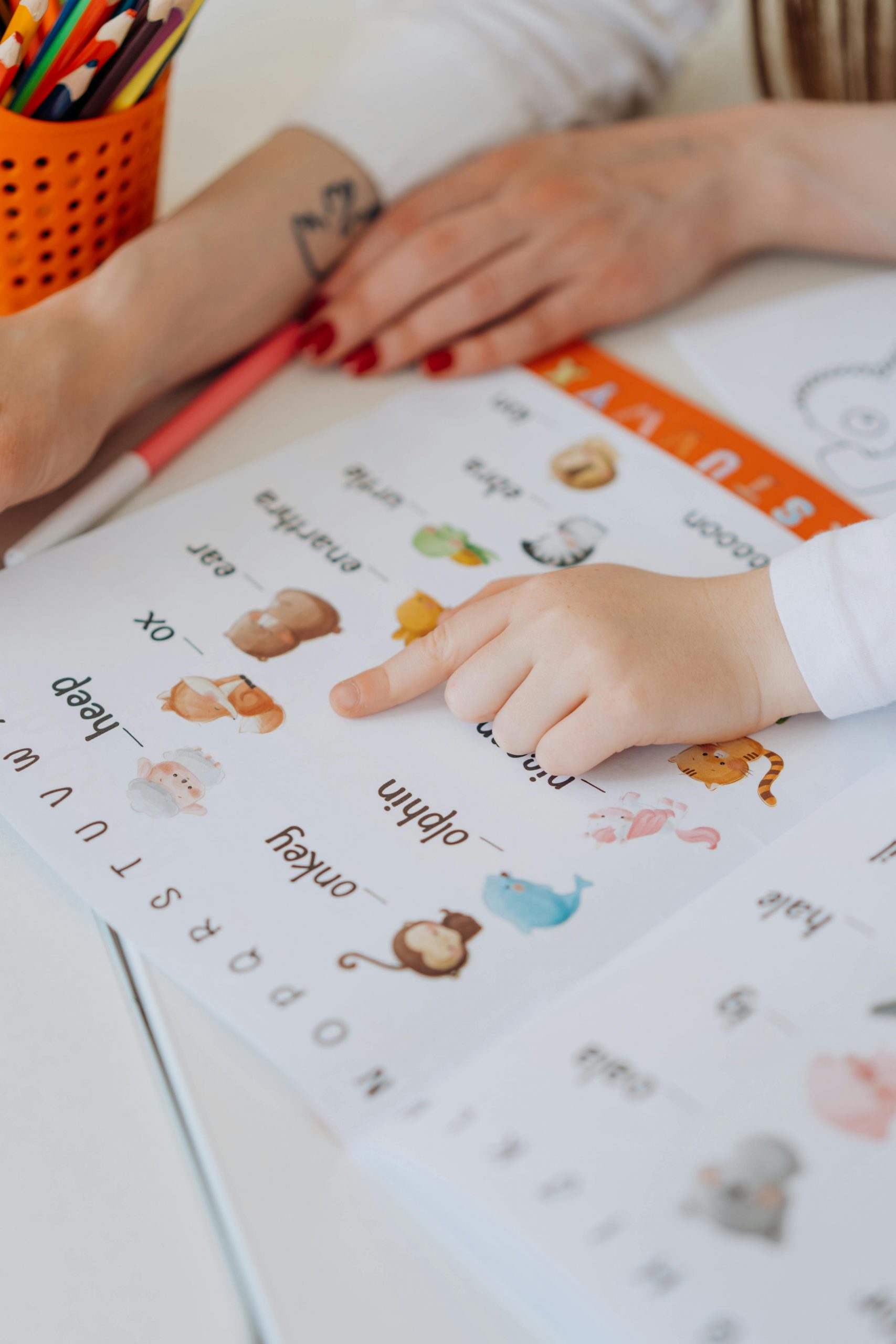

Language is one of the most powerful tools for cognitive development in children. From their first words to complex sentences, language acquisition shapes how children think, reason, and understand the world. This article explores the connection between language development and cognitive growth, offering insights into how parents and educators can support this critical process.
The Link Between Language and Cognition
Language and cognition are deeply intertwined. As children learn to speak and understand language, they also develop essential cognitive skills such as memory, reasoning, and abstract thinking. For example, learning new words helps children categorize objects and concepts, while constructing sentences enhances their ability to organize thoughts and solve problems.
Research shows that children with strong language skills often perform better in tasks requiring working memory, attention, and logical reasoning. This is because language provides a framework for organizing and processing information, which is essential for cognitive growth.
Stages of Language Acquisition
Prelinguistic Stage (0-12 months)
Before speaking, babies communicate through sounds, gestures, and facial expressions. This stage lays the foundation for language by helping infants recognize patterns in speech and develop auditory processing skills.
Early Linguistic Stage (1-3 years)
During this stage, children begin to form words and simple sentences. They learn to associate words with objects and actions, which enhances their categorization and memory skills.
Language Fluency Stage (3-5 years)
By this stage, children can construct complex sentences and engage in conversations. They also develop metalinguistic awareness—the ability to think about language as a system. This skill is crucial for reading and writing.
How Language Supports Cognitive Development
Memory and Recall
Learning new words and phrases strengthens a child’s working memory. For example, remembering the names of animals or colors requires the brain to store and retrieve information efficiently.
Problem-Solving and Reasoning
Language allows children to express their thoughts and ask questions, which fosters critical thinking and logical reasoning. For instance, asking “Why is the sky blue?” encourages curiosity and exploration.
Social and Emotional Skills
Language enables children to communicate their feelings and understand others’ emotions. This enhances emotional regulation and empathy, which are essential for social interactions.
Tips for Supporting Language Development
Talk to Your Child Frequently
Engage in conversations with your child, even if they can’t respond fully. Describe your actions, ask questions, and encourage them to express themselves.
Read Together Daily
Reading aloud introduces children to new vocabulary and sentence structures. It also stimulates their imagination and improves listening comprehension.
Encourage Storytelling
Ask your child to tell you a story or describe their day. This helps them practice organizing their thoughts and using language creatively.
Play Language-Based Games
Games like “I Spy” or rhyming games make learning language fun and interactive. These activities also enhance phonemic awareness, which is important for reading.
Limit Screen Time
While educational programs can be helpful, excessive screen time can hinder language development. Prioritize face-to-face interactions and hands-on activities.
Language acquisition is a cornerstone of cognitive development. By learning to speak and understand language, children develop essential skills like memory, reasoning, and problem-solving. Parents and educators play a vital role in fostering language development through conversations, reading, and play. By prioritizing language-rich environments, we can help children unlock their full cognitive potential.
